In a recent pivotal ruling, the Supreme Court stood against the Biden administration, drastically altering the prosecution strategy for those involved in the January 6 Capitol riot.
With a split of 6-3, the justices have tightened the use of a frequent charge against the rioters, signaling a significant shift in legal approaches.
Focus on the Law: The Case at Hand
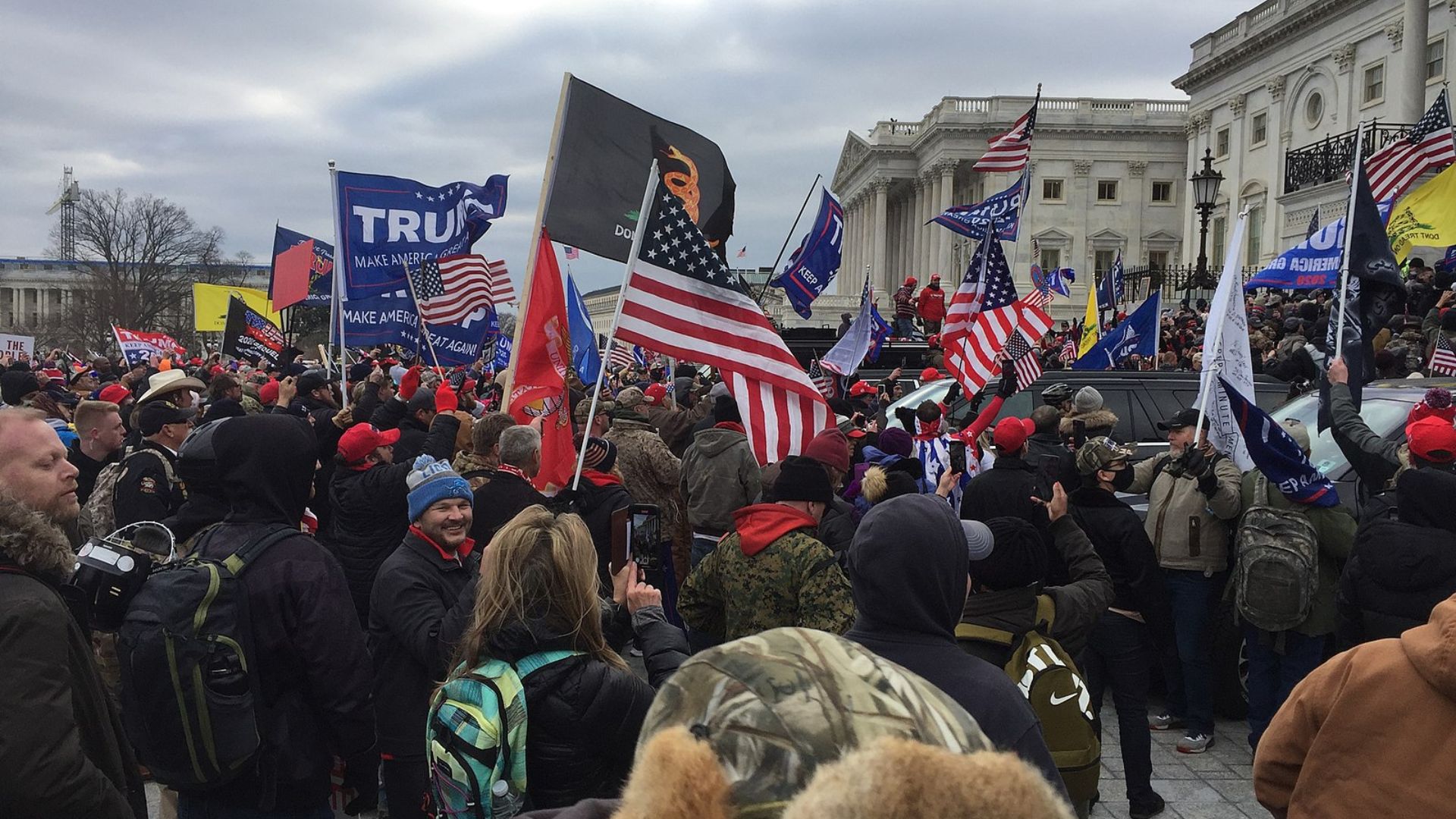
The spotlight was on Section 1512(c)(2), a federal statute used to prosecute over 350 riot participants.
The justices scrutinized whether its application, particularly in the case against former police officer Joseph Fischer, stretched beyond its intended bounds.
Key Figure: Joseph Fischer
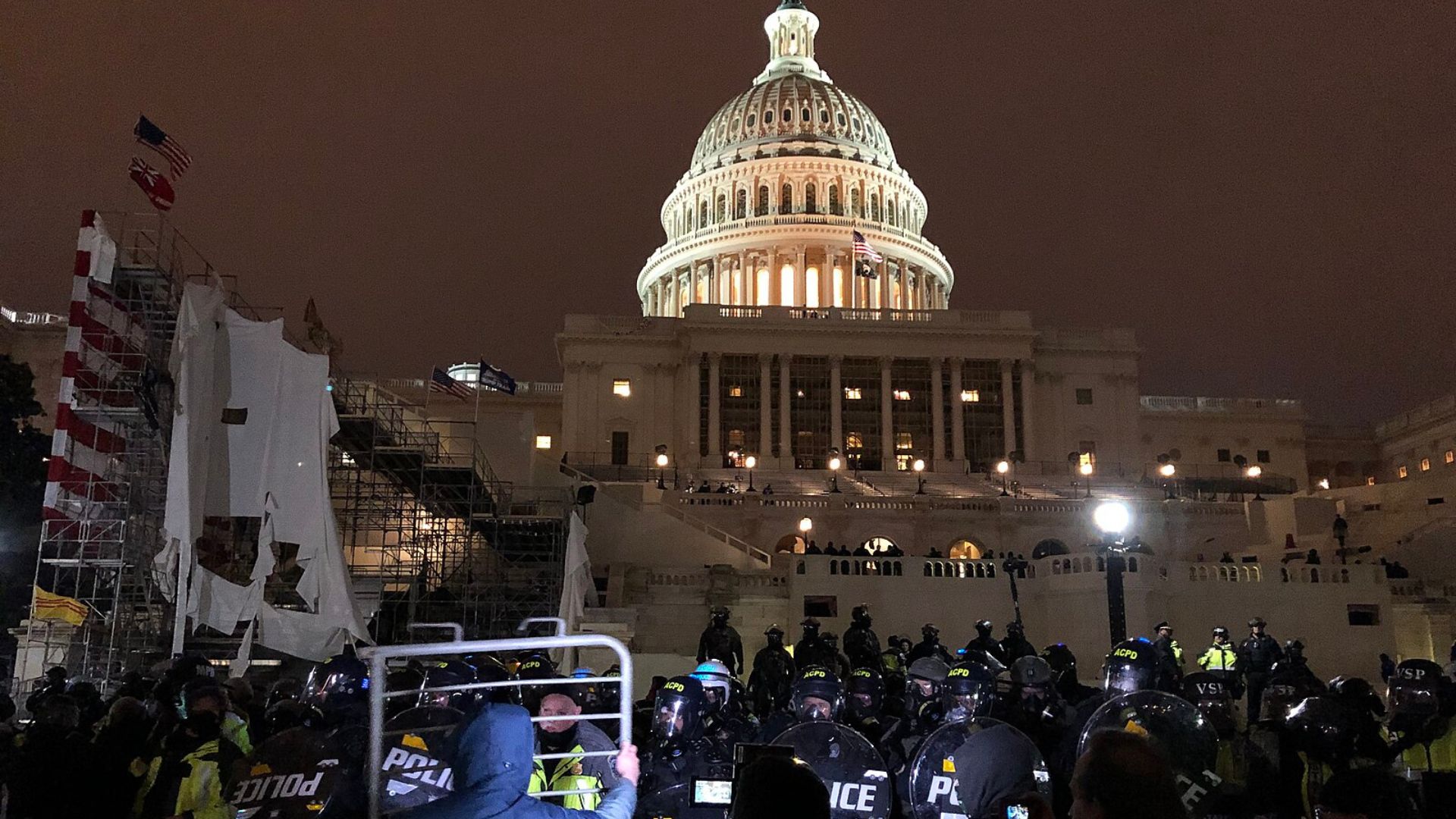
Joseph Fischer’s case turned into a touchstone for broader legal debates.
His role in the riots and subsequent legal battle illuminated the statute’s reach and its implications for others similarly charged, spotlighting the impact on numerous Jan. 6 cases.
A Divided Court
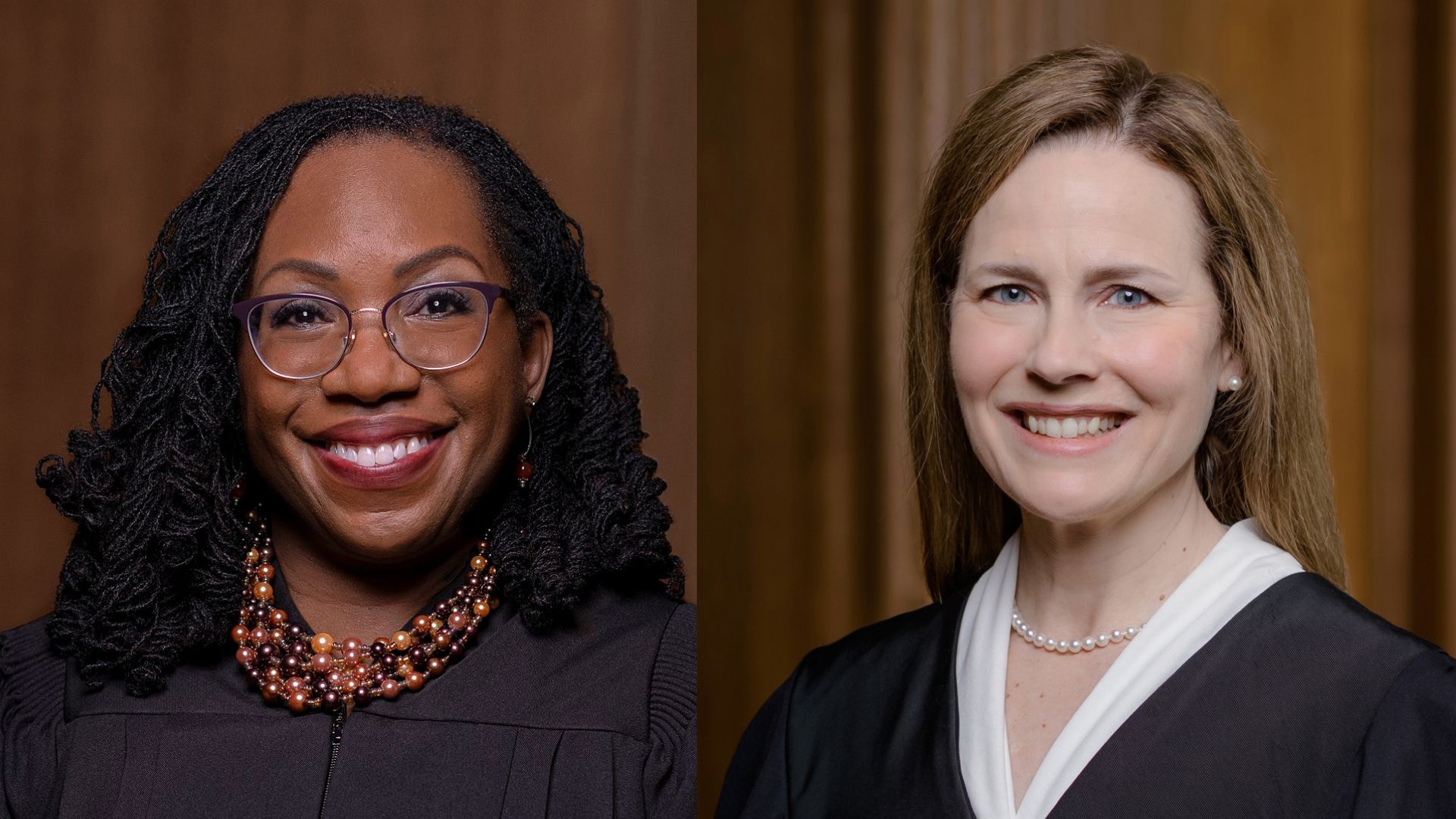
The justices’ alignment in this case was notably atypical.
Justice Ketanji Brown Jackson, appointed by Biden, sided with the conservative majority, while Trump appointee Justice Amy Coney Barrett leaned liberal, showcasing the complex and heated nature of the legal questions involved.
A Deeper Dive into Legal Jargon
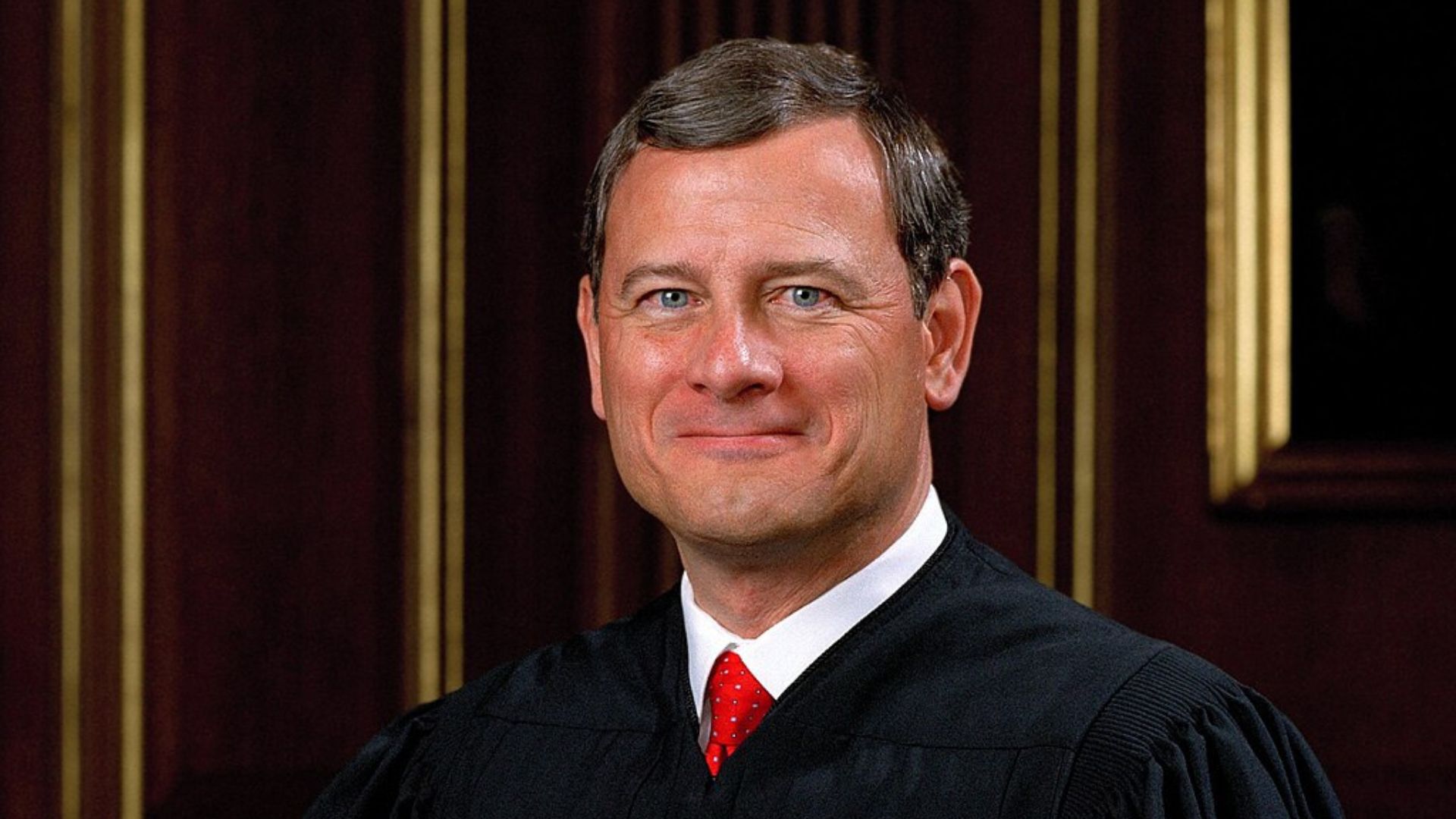
Chief Justice Roberts emphasized that linking the obstruction scope to a related provision was the “most sensible inference.”
This decision puts a spotlight on the legal boundaries of interpreting statutes beyond their text.
Barrett’s Counterpoint
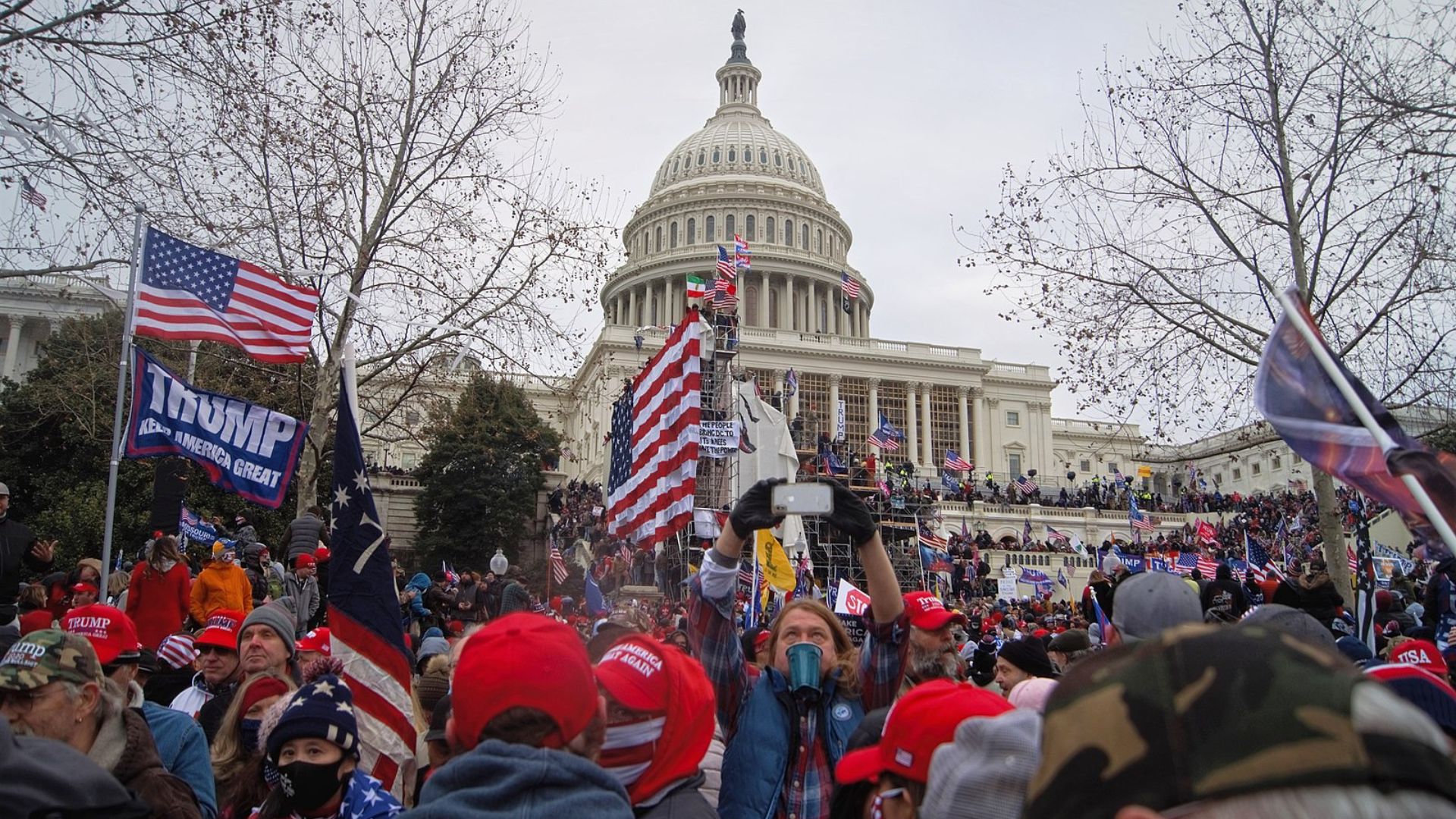
In her dissent, Justice Barrett highlighted the broad construction of the statute: “admittedly, events like January 6th were not its target. (Who could blame Congress for that failure of imagination?).”
Her stance points to differing views on how laws should adapt to unforeseen circumstances.
Repercussions for Biden’s DOJ
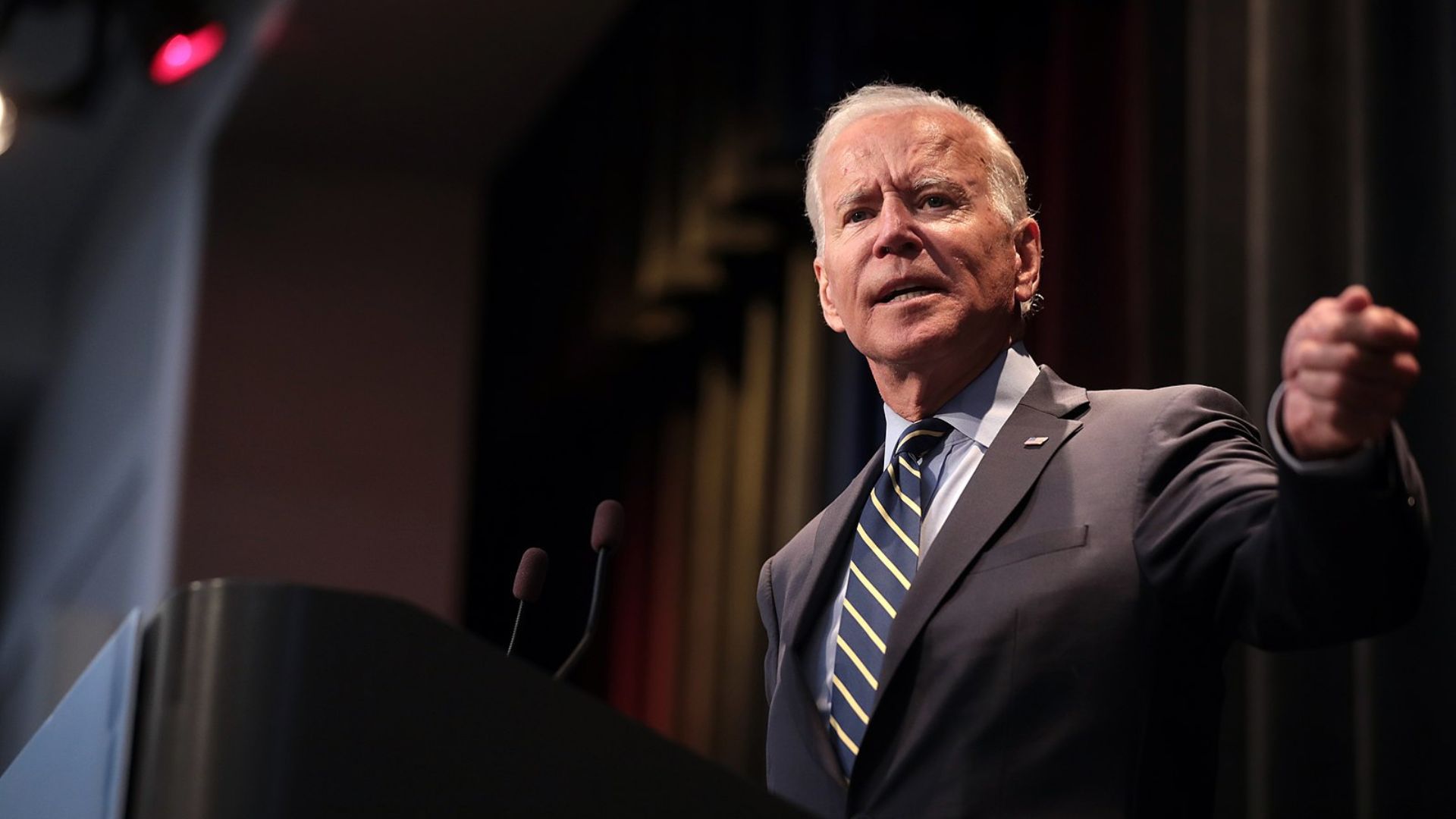
This ruling poses a stark challenge to the Biden Justice Department, which has leaned on this statute in many riot-related prosecutions.
The Supreme Court’s decision calls for a strategic rethink, affecting ongoing and future legal actions.
Wider Legal Consequences
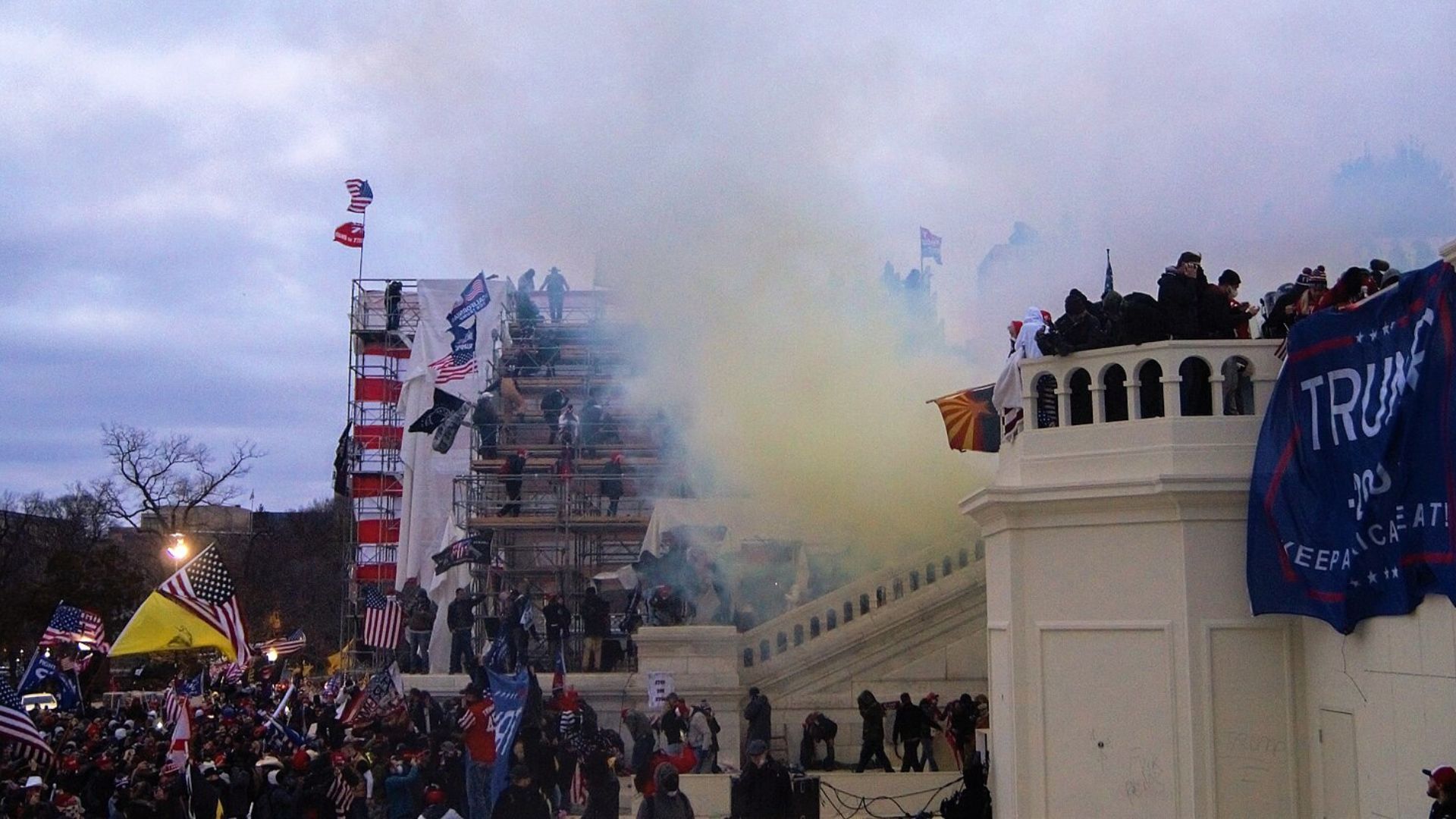
This decision casts uncertainty over the outcomes of 355 riot-related prosecutions under this statute, with about 130 already decided.
It opens the door for appeals and could overturn existing convictions, reshaping the legal landscape.
What’s Next for Fischer
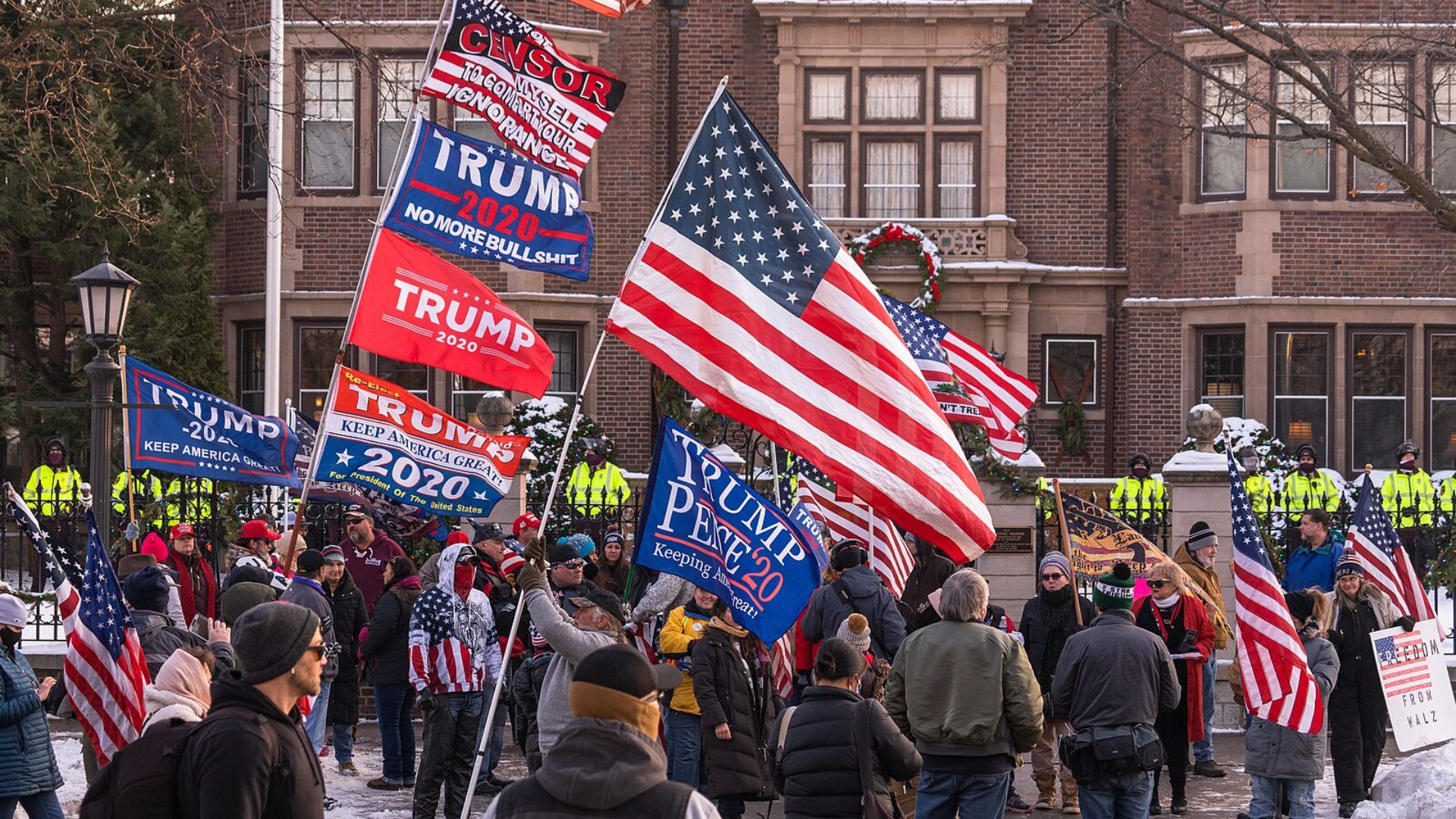
The ruling mandates a reexamination of Fischer’s obstruction charge in a lower court while maintaining his other charges.
This move illustrates the importance of careful legal interpretation and its consequences for individual cases.
Implications for Trump
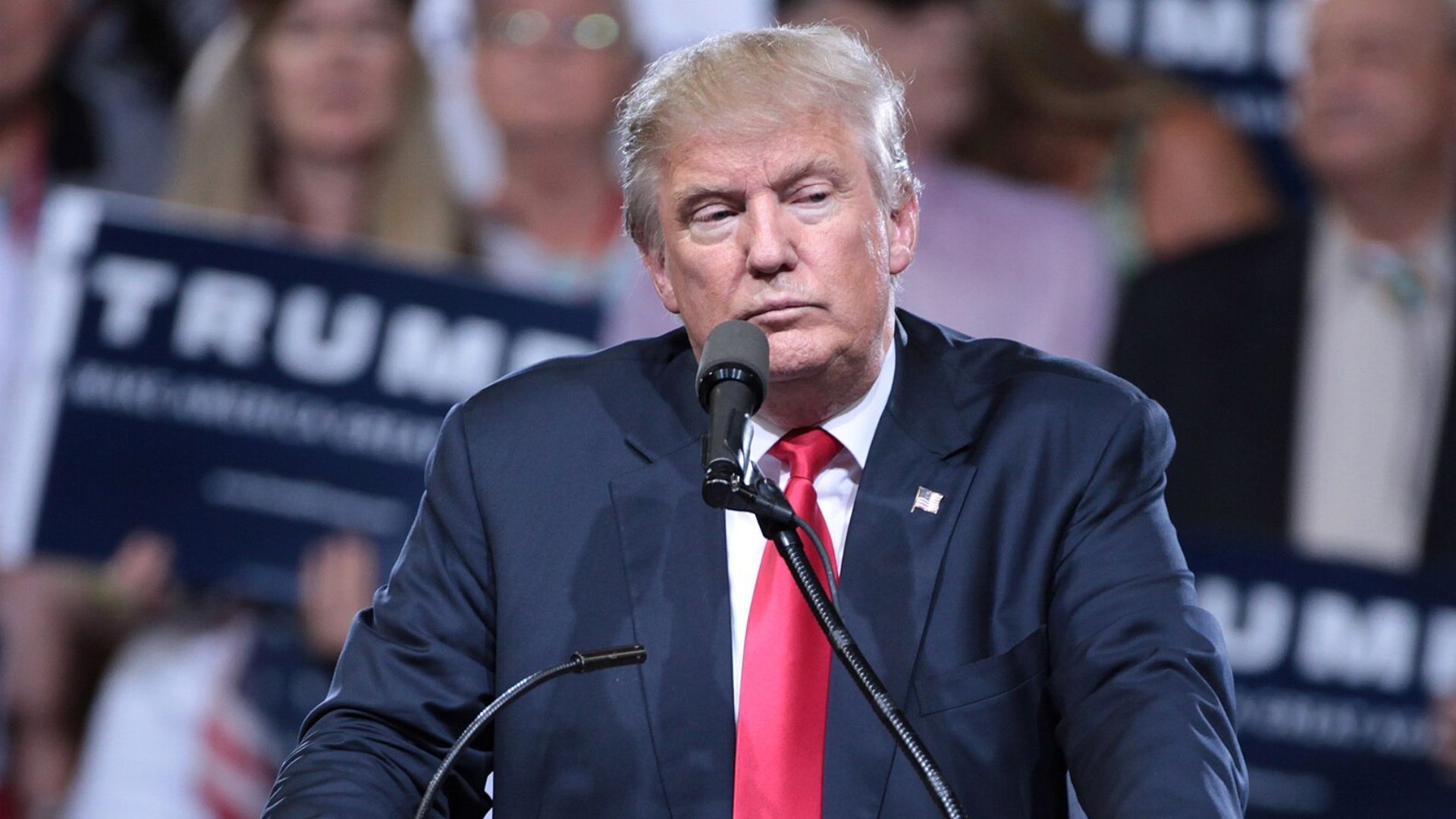
The outcome may also influence legal strategies in the case against former President Donald Trump, who faces similar accusations.
How this statute is interpreted could play a critical role in his defense.
Legal Community Buzz
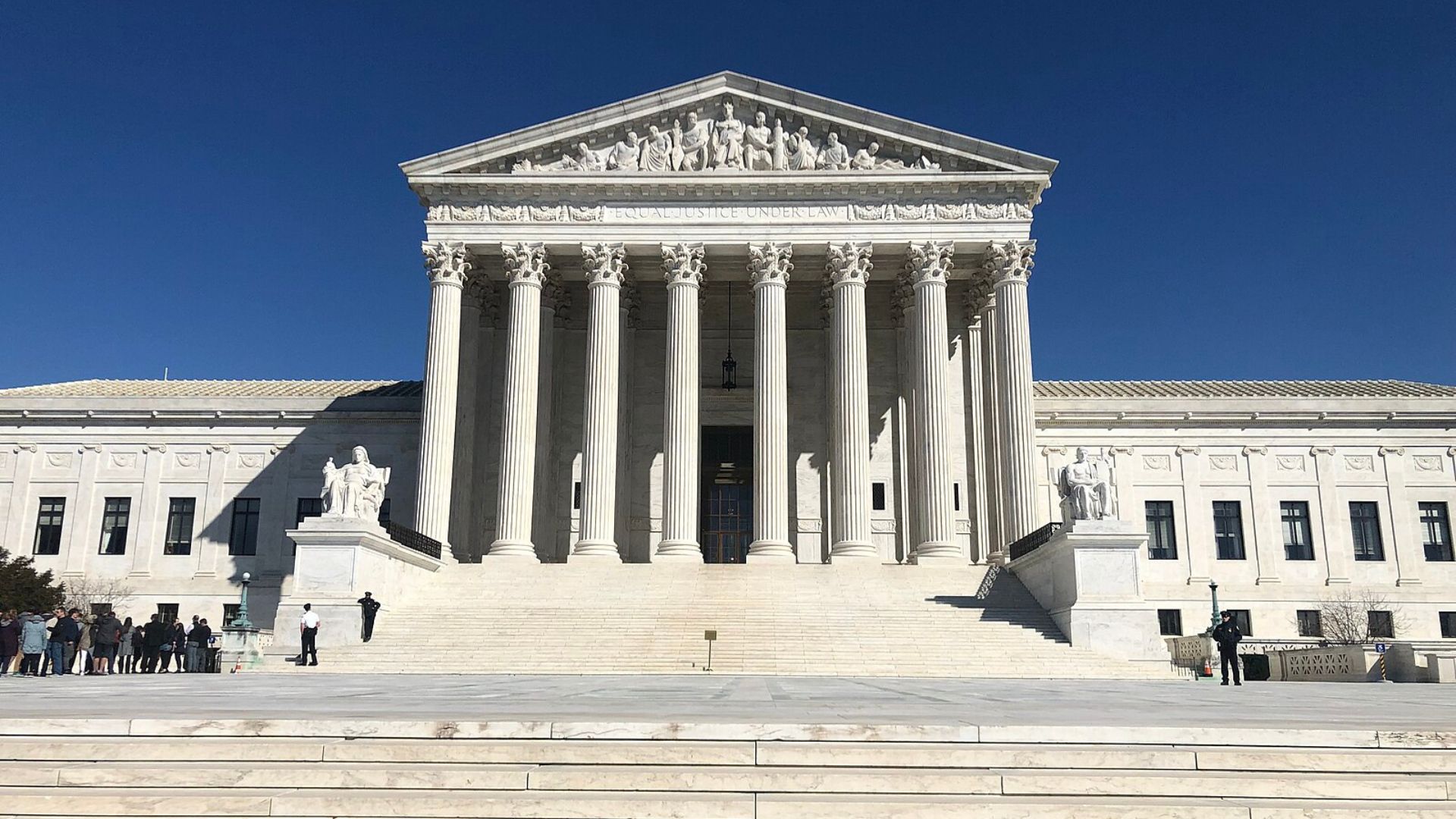
Legal experts are keenly observing the potential advantages this ruling could offer Trump, referring to possible “wrinkles” in his charges.
This interest reflects a broader fascination with how this Supreme Court decision will set precedents.
The Broader Impact of This Ruling
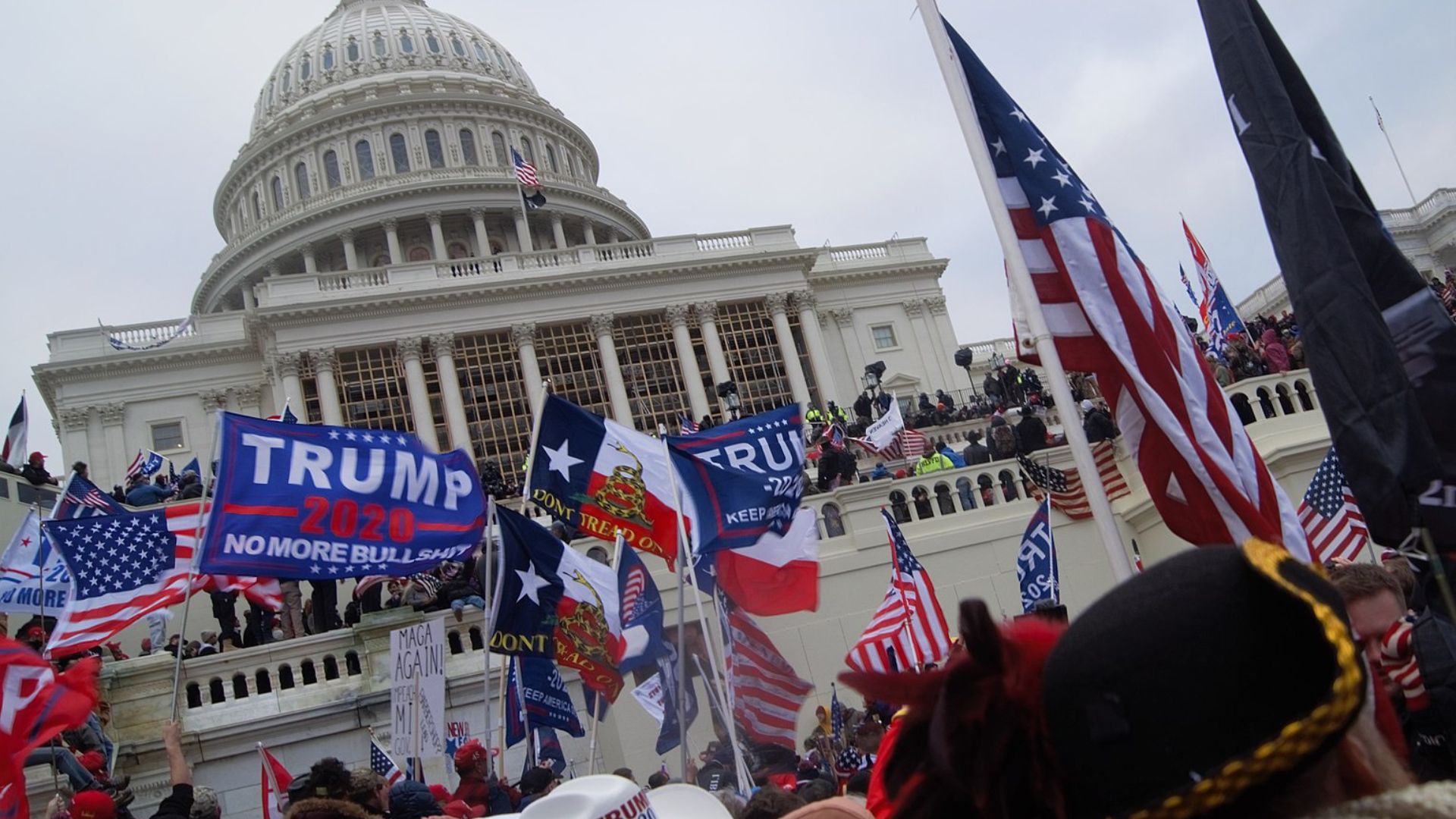
As the full implications of this landmark ruling unfold, both the legal community and the public are watching closely.
The decision not only affects those immediately involved but also frames future legal interpretations and DOJ strategies in high-stakes cases.

